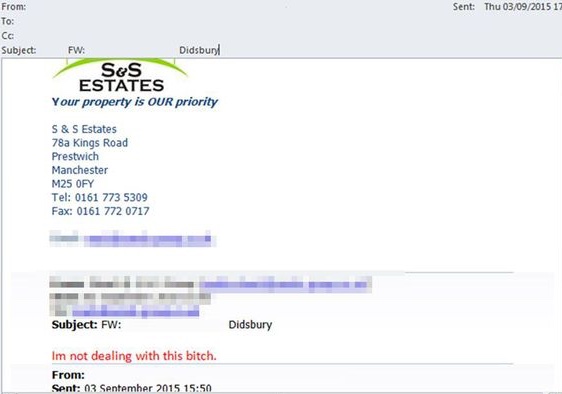Crossrail network to boost property prices
The high-speed and controversial east-west Crossrail network is not due to launch until 2018, but is already putting property prices on its route on the right track.
Set to slash journey times across the capital, the network is also primed to engineer boosts to the values of properties.
Value
Ian Lindsay, the company’s land and property director, suggests that the Crossrail scheme will add £5.5bn to property values. This prediction comes as a stretch of 26 miles worth of tunneling beneath London comes to a conclusion, alongside the initial homes above a Crossrail station.
Crossrail’s line will run from Reading in the West to Shenfield and Abbey Wood in the East. It is hoped that this will greatly reduce journey times to London and add an extra 10% to the capacity of the Tube.
Hamptons International’s head of research, Johnny Morris, believes,’ the big change is in the built environment and areas around the stations.’[1] The regeneration is going hand in hand with the development of the new transport system, with 3.3million sq ft of residential office and retail space planned above Crossrail stations.
‘If you go back in time, railway has always created regeneration, as the Tube grew so did London, and this Crossrail programme will go through exactly the same experience again,’ said Crossrail chairman Sir Terry Morgan.[1]
Developments
In total, 57,000 new homes are to be built along the route, with councils upgrading their town centres. Savvy investors have already begun to snap in property in neighbourhoods which are to become prominent with the changes. Woolwich for example is primed to become a major transport hub. Its Crossrail station is being developed within 88-acre Royal Arsenal Riverside, a Berkeley Homes construction that will include 5,000 new homes when it is completed in the year 2030.
In excess of one thousand of these homes will be above the station and a huge 90% of the apartments located in Cannon Square have already been sold. Prices for the remaining three-bedroom, two-bathroom flats range from £647,5000 to £875,000 for a duplex penthouse.
‘Crossrail is without doubt the most important new transport infrastructure for London and the South-East for a generation. The new Crossrail station will make Woolwich one of the best-connected parts of the capital,’ said Karl Whiteman, managing director of Berkeley Homes.[1]
Price hike
In addition, Crossrail has received permission to build 400 homes at Armourer’s Court, in five buildings based on a landscaped garden towards the west side of the station. Since its approval in 2008, the total value of properties on the rail route have grown by around 20% more than capital appreciation in the capital and the South-East, according to property consultant CBRE.
CBRE also predicts that the Crossrail effect will aid property prices further. The firm predicts that prices will rise by an extra 13% by 2018, rising to 20% in London, adding around £100,000 to the value of each property.
[1] http://www.homesandproperty.co.uk/property-news/news/crossrail-effect-high-speed-east-west-rail-network-set-add-ps55-billion-property-values











